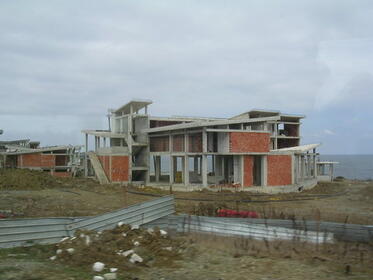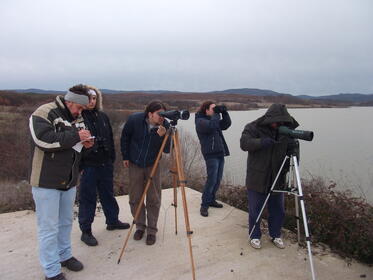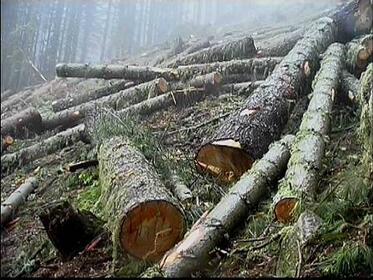
Apr. 18, 2012
29
The planned amendments of the Forestry Law will facilitate similar construction works in the allegedly protected Bulgarian nature.
The For The Nature coalition of NGOs and civil groups welcomes the demolition of the first 5 buildings in the illegal vacation village "Golden Pearl" in Nature Park Strandzha .
The For The Nature coalition of NGOs and civil groups welcomes the demolition of the first 5 buildings in the illegal vacation village "Golden Pearl" in Nature Park Strandzha .



















